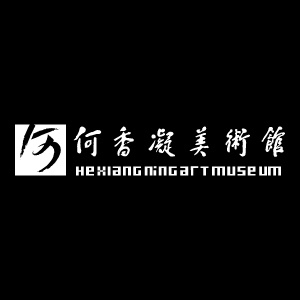He Xiangning(1878-1972), born in Hong Kong, was one of the great female activists and artists in modern Chinese history. She often called herself the “Cotton Villager” after her family’s ancestral village in Guangdong Province.
He Xiangning went to Japan in 1903 to seek knowledge, following her husband, Liao Zhongkai, and joined Sun Yat-sen’s Tongmenghui in 1905 to crusade against the warlords and the imperial dynasty, which was ended by the Xinhai Revolution they initiated. She devoted herself later to China’s democratic revolutions. After the establishment of the People’s Republic of China in 1949, she served in a number of high-ranking positions in the government, including one of the council members of the Central People’s Government Council, director of the Overseas Chinese Affairs Office, chairperson of the Revolutionary Committee of the Chinese Kuomintang, Honorary Chairwoman of All-China Women’s Federation, vice chairperson of the National Committee of the Chinese People’s Political Consultative Conference, and vice chairperson of the Standing Committee of the National People’s Congress. She was a great leader and a lifetime champion of the national liberation and unification, the founding of a new China, socialist construction and the friendship between China and all the other countries in the world, which won sublime prestige at home and abroad.
He Xiangning was a painter. She was once elected as the chairperson of the China Artists Association. She painted pine trees, plum blossom, lions, tigers, mountains and rivers to express her ideals and emotions. The paintings were impressive and imposing, inventive and profound. They were the embodiments of her seventy years of revolutionary career and noble character. The complements and inscriptions of many other artists and national leaders added more dignity to these treasured paintings of the Chinese nation.
Not only being the national treasure, He Xiangning’s works can also be regarded as the recordation of Chinese Modern History. In the end of 19C and early 20C, Chinese nation was suffering the oppression from feudalism, Imperialism and warlords. In this great era of change, the sense of historical and national responsibility stimulated group after group of revolutionary, including Sun Yat-sen, Liao Zhongkai and He Xiangning, to devote themselves to the career of nation-state revival. Since the Revolution of 1911 , while facing different kinds of ideological trends at that times, He Xiangning and her comrades have always held the belief of revitalizing our country, followed the trend of the times and fought for the national ideals in their hearts. Today, in the era of peace, we can directly understand the arduous efforts made by He Xiangning and many pioneers by appreciating the works and reading historical documents left by He Xiangning and her friends. On the occasion of The 70th Anniversary of the Founding of The People's Republic of China(PRC), besides reminiscing the history, we should also strive to make achievements worthy of our times, our history and our people.

